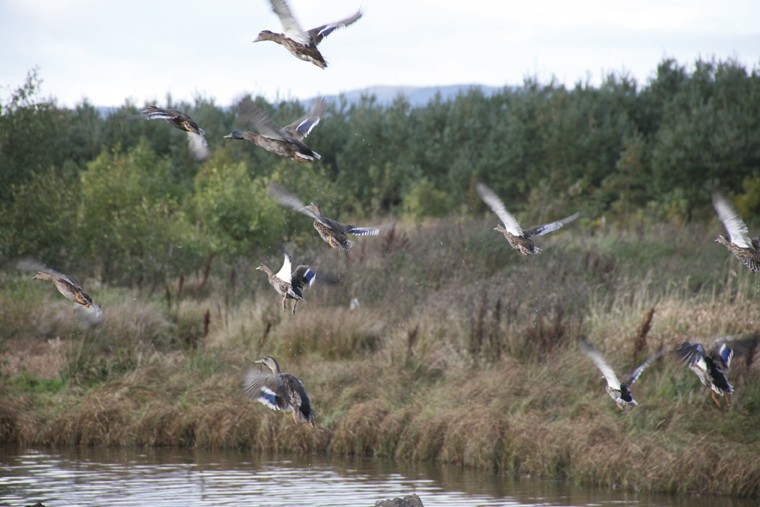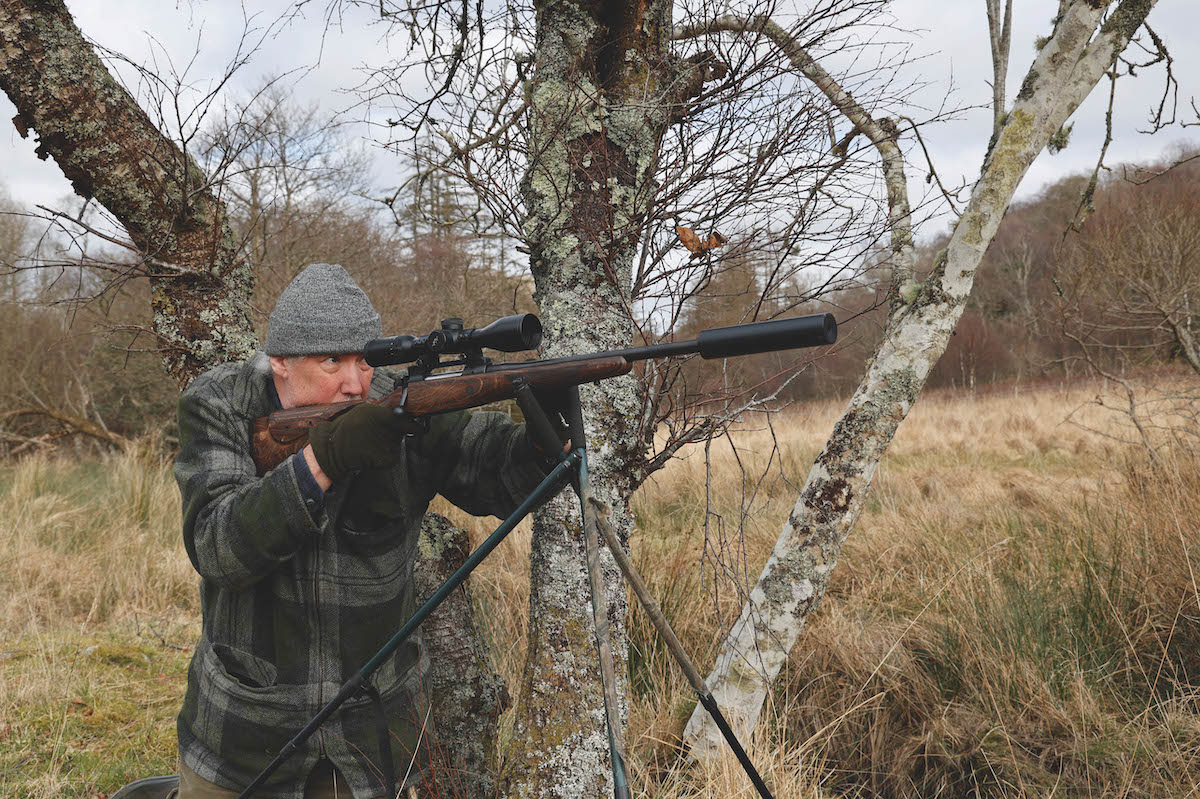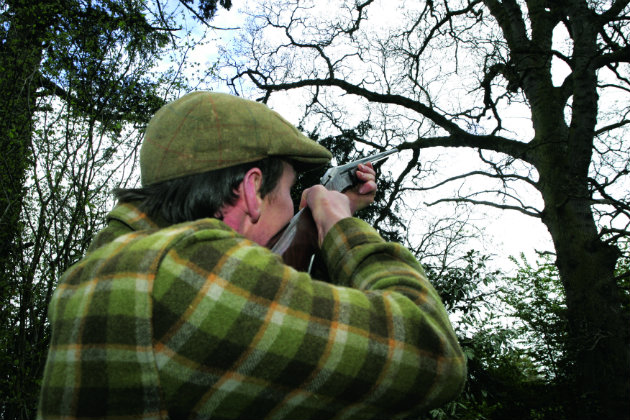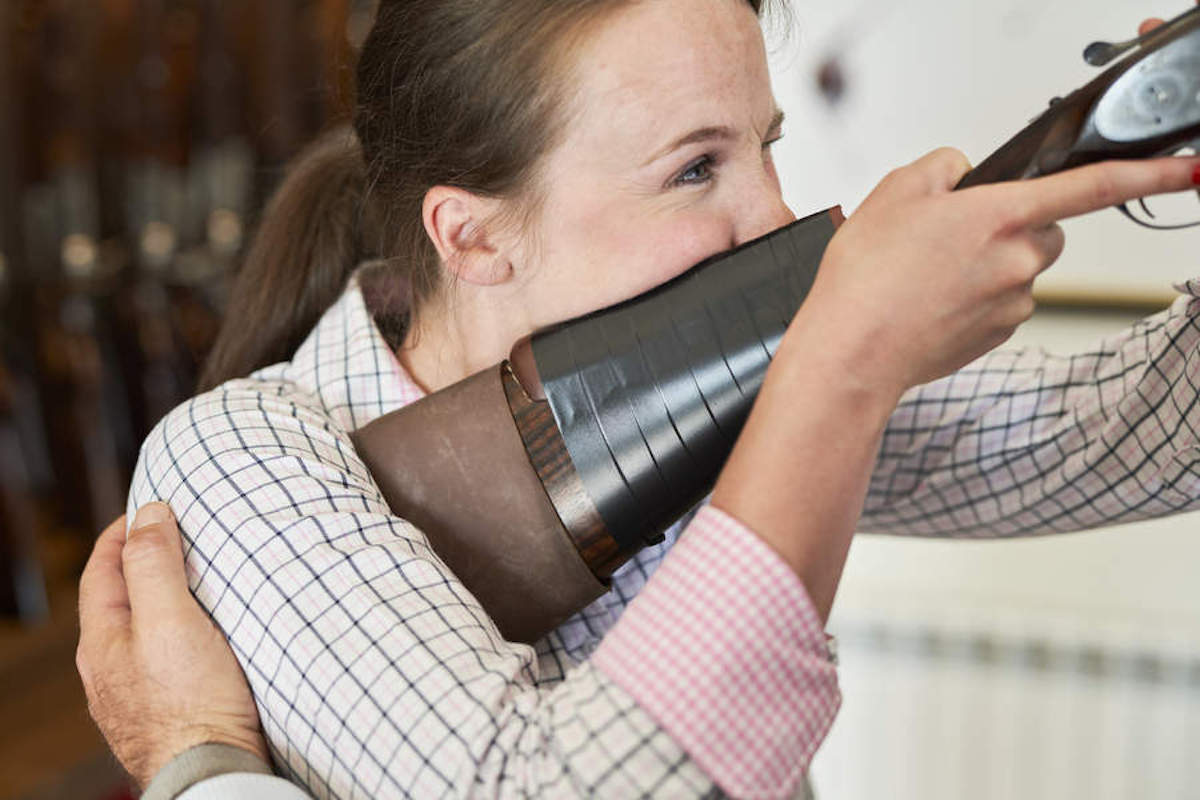Swans on my flight pond

Friends have said that a lot of duck didn’t arrive from overseas due to the mild winter. Could this be the reason birds didn’t come to my flight pond?
Keepering
MIKE SWAN says: You have identified two key problems that could explain the duck shortage. First of all, resident mute swans are rarely helpful in making a flight pond a success because they harass other waterfowl and also eat a large proportion of the food you put out.
Swans discourage most duck species and even Mallard don’t care for them overly much.
Normally swans are not too keen on small flight ponds because of the lack of an easy approach, since they need such a long run for both take off and landing. If your small lake is in an entirely open environment you may be able to reduce its attractiveness to swans by planting some shrubs, such as dogwood and goat willow, near the edges.
These are probably best sited about five metres from the water so they do not shade the margins. They will, however, restrict the flight path in and out for the swans.
If the swans are in the habit of wading ashore to graze the margins of your lake, it may be possible to discourage them by setting up a single strand fence about six inches above the ground right along the water side wherever they walk ashore.
Your second point about the mild climate is also a factor and I would certainly agree many people are reporting a relative shortage of ducks in the UK this winter. The combination of a mild autumn followed by a wet winter, with flood waters available everywhere, gives duck a huge amount of choice about where they go.
Hopefully you will be more successful in attracting shootable numbers of birds if we get a cooler and drier winter next year. Whatever you do I would certainly continue with your feeding programme and carry it on well into March. That’s because any birds that do begin to visit through the latter part of winter will be more inclined to come back when they return to the UK next autumn.
Also remember it is rarely possible to shoot a duck flight pond more than once every three or four weeks without significantly disrupting the numbers of birds that visit.
Got a question? Contact: sportinggun@ipcmedia.com or Sporting Gun, PO Box 157, Stamford, Lincolnshire PE9 9FU








